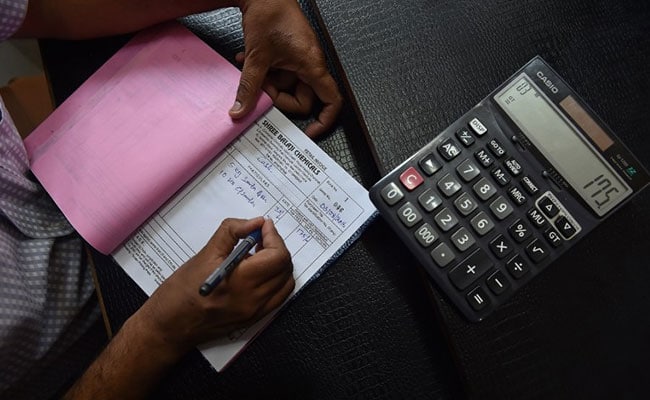
Finance Minister Arun Jaitley has introduced for final clearance by parliament the proposal for India's most transformative tax reform in decades. The Rajya Sabha or Upper House is expected today to vote in favour of a national Goods and Services Tax or GST which will for the first time convert India into a single market.
Here is your 10-point guide to the GST
The GST creates one national tax to replace a slew of complex ones that differ from state to state.
But the rate of the tax will not be decided for another few months.
GST will lower the prices of some goods like electronic items and two-wheelers. But services- eating out or using a beauty salon or plane tickets, for example, will become more expensive.
The Lok Sabha cleared the GST proposal last year. In the Rajya Sabha, it had been stalled mainly by the opposition Congress, which wrote the original proposal when it was in power.
To win the Congress' backing, the Finance Minister held several rounds of discussions and agreed to changes sought by the Congress.
Given the scope of the new tax and its impact on state governments, "A larger political consensus is necessary... I am grateful to Leader of the Opposition Ghulam Nabi Azad," said Mr Jaitley referring to the Congress' leader in the Rajya Sabha, acknowledging the support eventually extended by the Congress and other parties.
The proposal that will be cleared by the Rajya Sabha will amend the constitution to make GST a law. At least 15 of India's 29 state legislatures have to pass it too. Only then will the GST Council be created.
The council, which combines union ministers with representatives of all state governments, will then decide the rate of the tax. 2/3 of voting power of the council is with states and 1/3 with the centre.
Separate legislation will be introduced for then clearing the tax rate along with other details of how the GST will be implemented.
The GST is a consumption tax. States that manufacture goods therefore will lose revenue - the taxes they impose currently will be removed. The centre has agreed to compensate them for five years.

